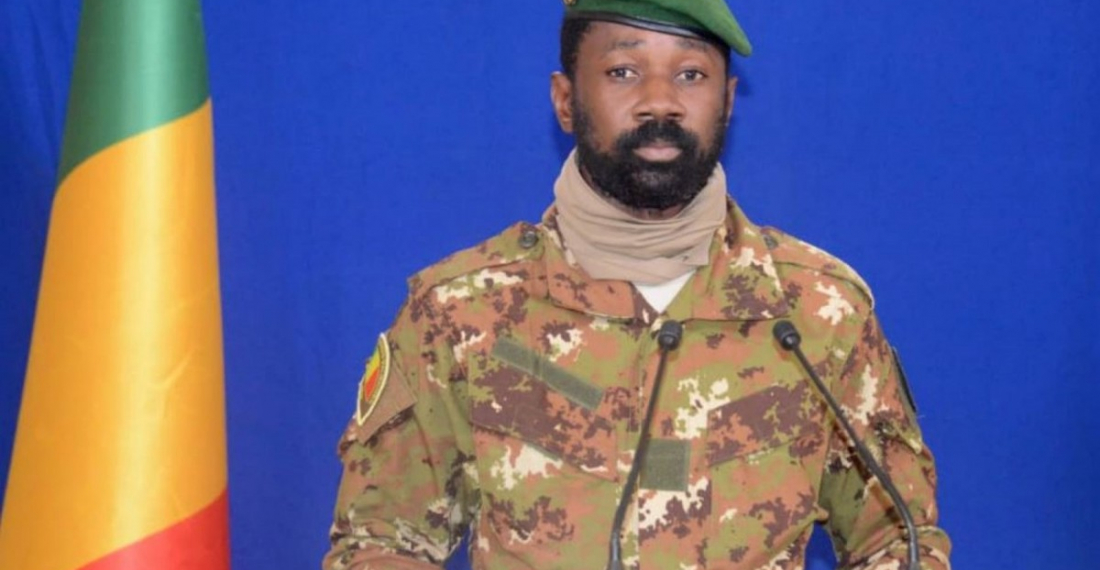Once again, Mali is facing a serious political crisis. Nine months after a putsch organised by the military, the president and the prime minister of Mali’s transitional government, Bah Ndaw and Moctar Ouane, were arrested by the army on 24 May.
Malian army officers, unhappy with the new government that was announced on Monday by the transitional authorities, forcibly led the president and the prime minister on the same day to the Kati military camp, 15 kilometres from the Malian capital, Bamako. This is the same location where the former president, Ibrahim Boubacar Keïta, was forcibly taken and forced to resign on 18 August 2020 by the colonels leading last year’s coup.
In April 2021, the transitional government promised the organisation of a constitutional referendum, as well as presidential and legislative elections for the beginning of 2022. This was to show a desire to return power to civilians after the transition. However, Monday’s government reshuffle left two of the coup leaders out of the new transitional government – namely, ex-defence minister Sadio Camara and ex-security minister Colonel Modibo Kone. Colonel Assimi Goita, who headed last year’s junta and holds the rank of vice president in the transitional government, claimed that he wasn’t consulted on Monday’s reshuffle, and thus, it was a breach of the transitional charter. For this reason, Goita has stated that Ndaw and Ouane have been stripped of their duties but that the transition would proceed as planned.
The coup has already been condemned by the United Nations, the Community of West African States (ECOWAS), the African Union, France, the United States, the United Kingdom, Germany and the European Union through a joint statement declaring “their firm support for the transitional authorities”. They rejected in advance any fait accompli, including a possible forced resignation of the arrested leaders.
Moreover, the ECOWAS demands the “immediate and unconditional release of the arrested authorities” and underlines “that the military elements which detain them will be held personally responsible for their security”. The ECOWAS mediator and Nigerian ex-president, Goodluck Jonathan, is expected on Tuesday in Bamako, diplomatic sources have announced.
The situation will be closely monitored by the international community because of the country's place in the fight against terrorism in the Sahel.







